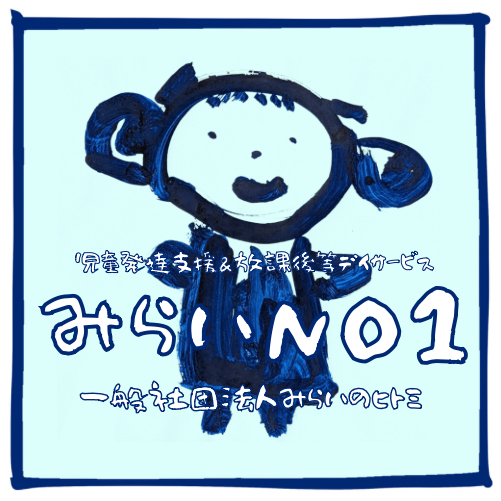She identifies you to definitely biomedical practitioners commonly interpret hanoin barak (thinking an excessive amount of) just like the reaction to traumatic incidents, specifically the newest 1999 Passabe massacre
Instance, Miller and associates (2006) put “small ethnography” to develop brand new Afghan Warning sign Checklist (ASCL), and that drew into idioms regarding distress together with “thought too much.” Rasmussen and you will associates (2014) next opposed the in your community-put up ASCL to your Worry about-Revealing Questionnaire (SRQ-20). They unearthed that the new SRQ-20 didn’t just take aggression and you may dysphoria, components of intellectual worry that have been for example locally salient. Additionally, salience of procedures differed by gender. And emic procedures near to established mix-social systems therefore considering a very holistic, in your neighborhood outstanding method of determining stress. Also, Hinton and colleagues (2012a, b, 2013, 2015) located “considering a lot” is a button domain name off investigations and you may treatment one of Cambodian refugees which means that suggest including the fresh new idiom toward program assessment and you will intervention.
Idioms away from stress express incredibly to some extent as they mark towards the shared understandings off ethnopsychology, social history, and linguistic definition expertise. Eg, in a study throughout the South Far eastern feamales in The uk, the word “convinced and you may considering” is almost usually with references so you’re able to dil (the heart). Which idiom hence communicates this new position of your own heart-attention in order to interrelated feelings and thoughts, distinguishing “convinced and you will considering” regarding everyday opinion (Fenton & Sadiq-Sangster, 1996). , 2008). Most other article authors mean that “thinking a lot of” idioms linguistically share anything except that normal, informal view. Weiss (2005) means the term mawazo as indicating effective, embodied think, with the exact same conditions present from inside the Amharic, Haya, and you can Swahili (Mains, 2011; Weiss, 2005). Instance linguistic and you will ethnopsychological significance would suggest there is worthy of in preserving idioms away from worry inside the health-related and you will social health communication.
Other degree from South Far-eastern populations possess also related “considering an excessive amount of” with the heart-head, and therefore contrasts which have cognitive-emotional processes that are situated various other regions of ethnophysiology (Desjarlais, 1992; Kohrt mais aussi al
At the same time, because the “convinced continuously” idioms – like other idioms off worry – can be display distress that is non-pathological, they must not be brought to imply a significance of mental health therapy in most instances. Such as for instance, in her examination of pensando bastante (considering Pansexual dating app reviews an excessive amount of) within the Nicaragua, Yarris (2014) unearthed that the fresh new idiom interacts a certain ethical ambivalence from the framework off transformed public existence. Yarris’s greater analysis (2011b) browsed feel regarding grandmas handling the migrant d; college students. While on the only give appreciative of monetary remittances, grannies however struggled with one another persistent care of d; safety, also thoughts of abandonment, judging the new remittances become “morally not enough and also make right up to have mothers’ absences” (Yarris, 2014, 481). Fundamentally, their event away from “thought a lot of” and its embodiment because the dolor de celebro (brainache) reflect incapacity to achieve ethical ideals from unity and solidarity contained in this the family. When you look at the the same vein, Sakti’s (2013) study of “thought excessively” in the Timor-Leste suggests that psychological intervention might possibly be not enough. But not, inside her ethnographic investigation, she discovers one “considering continuously” was motivated maybe not because of the private traumatic occurrences however, by disturbance regarding normal avenues off communication and you can reconciliation one of directly associated kin organizations, hence produces ongoing public rupture. In this case, societal treatments advised because of the ethnographic framework would likely be much more winning than simply private psychological therapy aimed at PTSD. Like other anthropological degree from idioms out of distress, Yarris and you will Sakti’s extended inspections of “convinced too-much” during the socio-cultural and you may political position reveal the brand new bigger value that’s becoming conveyed, yet is potentially missed, invalidated, if you don’t taken advantage of from the use away from narrower psychological translation and you can effect. Research regarding “considering too much” idioms will be ergo are available to the chance that they communicate non-pathological stress – including cumulative personal stress otherwise a symbol protest (Abramowitz, 2010; De- Jong & Reis, 2010; Nichter, 2010; Pedersen et al., 2010) – who suggest a significance of social, political, and you can financial reform more so than simply psychological input.
